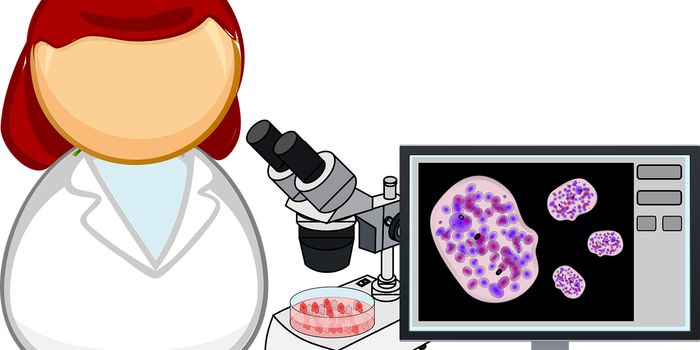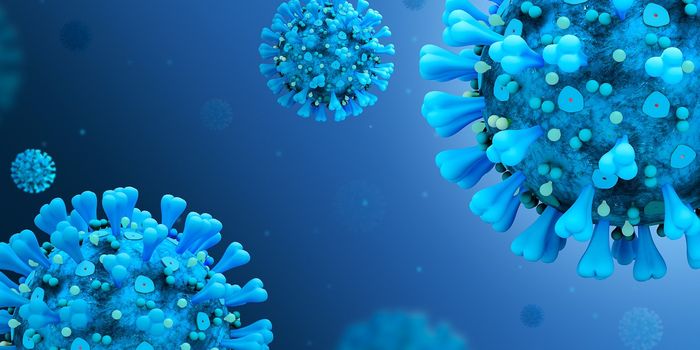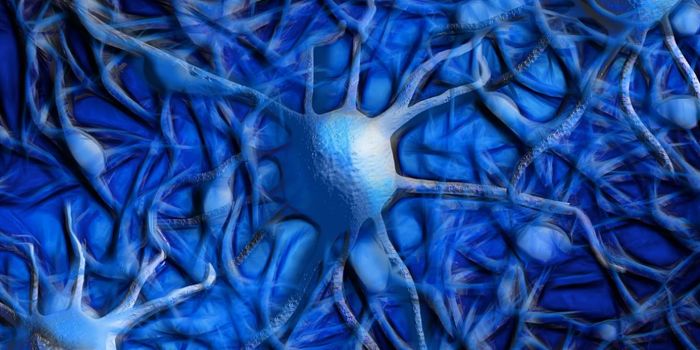Chronic Wasting Disease is Spreading in North American Deer
Chronic wasting disease (CWD) was discovered in 1967, and has since spread among white-tailed deer, elk, moose, and other cervids to 23 US states, two Canadian provinces, and South Korea. CWD is a contagious disease caused by a misfolded protein known as a prion, and it causes serious neurodegenerative symptoms. It is transmitted from animal-to-animal through direct contact, or when an animal contacts something contaminated like saliva or urine from an infected animal. Infected animals may take months or over a year to show symptoms, which can include stumbling, fearlessness, and drastic weight loss. They may infect other animals during the entire period of their illness. CWD is always fatal.
Right now, CWD does not affect humans or other animals. However, the disease is a threat to non-human primates that might consume meat from infected deer or elk, and scientists are expressing concern that the disease may eventually threaten people too. People are advised not to eat meet from infected animals. Mad cow disease is also a prion disease, and it can spread to a person when they consume affected meat.
Proteins have to maintain the correct three-dimensional shape to carry out their correct functions, which is essential to complex life. But prions are misfolded proteins, and not only do they not function properly, they can trigger misfolding in other copies of the misfolded protein.
In a new study reported in Microbiology Spectrum, researchers have learned more about how CWD affects infected animals. Since animals cannot usually be assessed and diagnosed until after they die, the investigators analyzed fecal samples from 50 white-tailed deer with CWD and 50 samples from unaffected deer to gather data. This work showed that there are different types of gut bacteria found in animals with CWD compared to those without, and these microbes might be useful as diagnostic biomarkers.
There have not been any tests developed yet for the disease in live animals. "This work is the start of a very promising trend to use fecal samples to both identify the disease and also learn more about the biology of the disease," said senior study author Anna Kashina, a professor of biochemistry at Penn Vet. If such a test is created, it could reveal when the disease is spreading to new areas as well.
There were also progressive differences in animals with CWD, suggesting that some physical changes occur before symptoms can be observed.
In varied regions, there are differences in the compositions of the residents' microbiomes. Since this testing was done on captive deer from across the US, the researchers want to perform more studies on wild deer that live in Pennsylvania, which could help the researchers zero in on the specific changes in the microbiome that accompany CWD.









